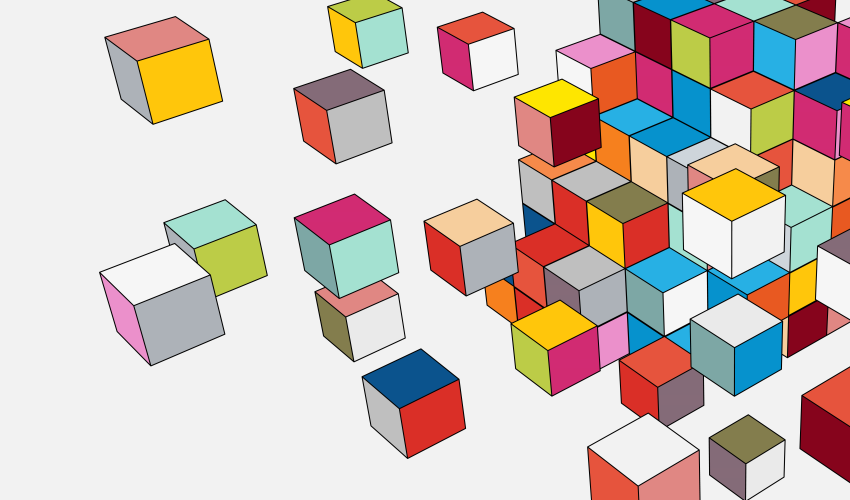
The New World Order
DEGLOBALIZATION, CRISIS OF DEMOCRACY, MOUNTING NATIONALISM, AND WAR ARE INTERCONNECTED TRENDS WHICH ARE RESHAPING GEOPOLITICAL BOUNDARIES. ON THE HORIZON, WE CAN SEE EMERGING A TWOBLOC SYSTEM WITH UNSTABLE BORDERS AND LOW DETERRENCE, NOT A SETTING THAT INVITES TO LOOK AT THE FUTURE WITH OPTIMISMEconomists and political scientists talk about a geopolitical transformation along three dimensions: deglobalization (a reversal of globalization and economic integration trends); democracy crisis (autoritarian trends and the end of the “end of history”); nationalisms and division in new blocs (tensions related to nationalism and sudden stop of global cooperation in spite of the multiple global challenges, such as climate change and pandemics). These three trends are interconnected, and cannot be understood separately.
Globalization and economic integration at a time of financial crisis have triggered economic and political populism reactions (see e.g. Rodrik, 2018, and Guiso et al, 2019, 2022). This implies that deglobalization trends go hand in hand with the democracy crises and nationalism traps (see Morelli, 2020). What is less understood is the connection between these three trends and war.

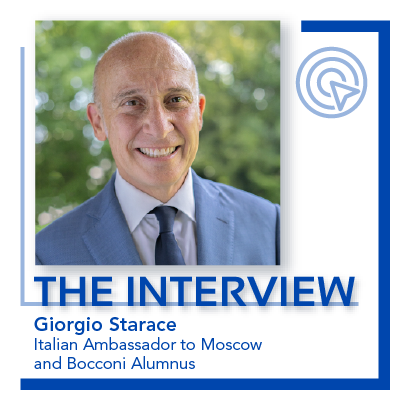
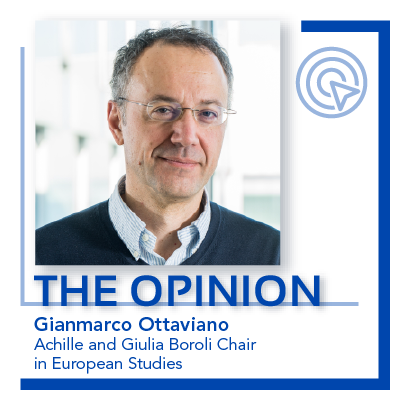
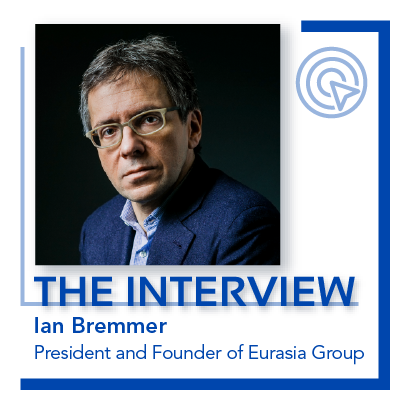
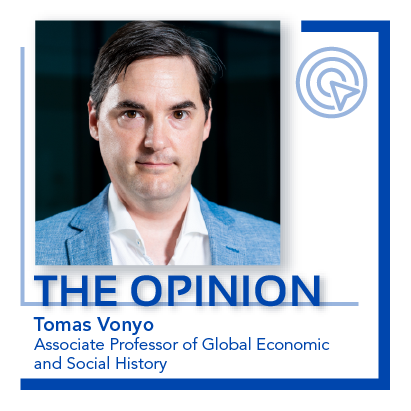
I claim that the return of the threat of interstate wars and the consequent changes in international relations are not only a consequence of the three trends, but also a cause of further deterioration of them, thereby creating a dangerous vicious spiral. First, as argued theoretically in Mattozzi et al (2020), an expected wave of protectionism and trade wars can lead to more inequality across countries, and to greater frequency of conflict involving mainly exporting countries. However, the Russia-Ukraine conflict and the consequent geopolitical changes are going to further increase deglobalization. Second, while the anti-democratic objectives of strengthened rulers in the Middle East and former Soviet Union may be part of the causes of a more conflictual environment, conflict has per se a rally around the flag effect, and a further depression of democratic movements. Third, populist quests of the protection of national identities weaken the credibility of international organizations and the EU, leading to lower restraint from war for powers like Russia, which cannot be deterred by individual European countries. But the war itself may cause further divisions within the EU and to further divisions between the west and the east of the world. One might say that on this third dimension the vicious circle can stop, because facing a war can actually strengthen cooperation within Europe. However, in a context of a geopolitical Russian goal of shifting back the boundaries of western influence, even the reluctance of Orban to endorse EU sanctions is a movement in their desired direction.
In a recent publication, Herrera et al (2022) show that wars are mostly due to a mismatch between military and economic-political power. Russia at the beginning of 2022 was clearly the country with the largest mismatch, being on the one hand one of the two super-powers in terms of nuclear weapons and, on the other hand, being in a situation of economic decline. Moreover, as shown in Gallea et al (2022), centrality in the gas trade network entails typically durability of power and economic advantages, hence the motivation for the Russian invasion of Ukraine cannot be economic nor one of domestic politics: with a functioning Nordstream2 direct line with Germany, the data support unambiguously the hypothesis that domestic power stability and economic outcomes would have improved for Russia. Hence the motivation for the war must be of geo-political nature. The “line in the sand” placed by Putin in 2008 against consideration of Ukraine and Georgia to join NATO, the agreement with China on the undesirability of further enlargements of NATO, the interest in keeping the EU weak in terms of political actions, the interest in showing to people interested in democratic competition the weakness of western models, all played a motivating role. Moreover, in line with my vicious circle theme, the war has now consolidated the formation of an eastern bloc, advertised voluntarily with the Iran meeting with the presence of Putin and Erdogan.
In conclusion, the three trends and the multiplier effect of the Russian war are leading us to a new geopolitical order, where there will be two blocks. The cold war was an order with two super powers, and balance of power kept peace through deterrence. But a system of two blocks with unstable boundaries offers much lower deterrence, especially against wars like the one in Ukraine and the potential one in Taiwan. A divided system with unstable boundaries and low deterrence. Not an optimistic scenario.
by Massimo Morelli, Full Professor of International Relations, Bocconi University
